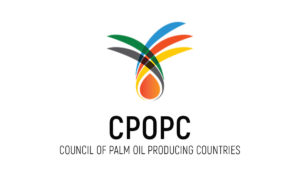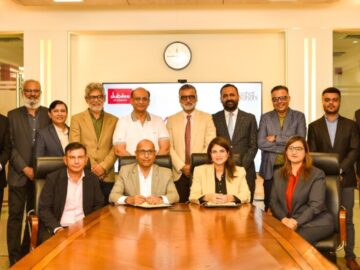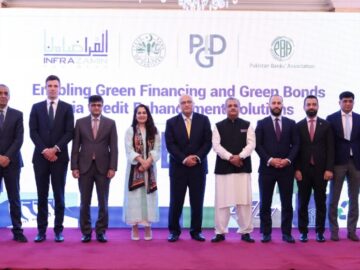
To discuss the Contribution of Sustainable Palm Oil to the Supply of Edible Oils in Pakistan, the Council of Palm Oil Producing Countries (CPOPC) hosted Pakistan’s first-ever webinar on October 29. The webinar was organized as part of CPOPC Webinar Series on “Sustainable Palm Oil Towards a Better World”. Industry experts shared their views on the growing need of introducing more hygienic and efficient food sources like sustainable palm oil for the rapidly increasing global population.
Executive Director CPOPC Tan Sri Datuk Dr. Yusof Basiron attended the webinar and shared his esteemed thoughts with the participants. Aazar Ayaz, Director Government Relations at Mediators (Pvt.) Ltd. moderated the Webinar, while he was accompanied by other panelists including Zafar Mahmood, CEO NIMIR, Togar Sitanggang, Deputy Chairman Indonesian Palm Oil Association (IPOA), and Faisal Iqbal, Director Marketing & Market Development at Malaysian Palm Oil Council (MPOC).
Tan Sri Datuk Dr. Yusof Basiron, Executive Director CPOPC delivered the inaugural remarks and apprised the participants of the usefulness of palm oil, its productivity, and the possible economic benefits from its use. He further said that CPOPC has started this series of webinars to undertake awareness about Sustainable Palm Oil for all consumers.
While sharing the perspective of sustainable palm oil importers, Zafar Mahmood, CEO of NIMIR, Pakistan’s largest importing company, highlighted several aspects related to sustainable palm oil and the oleo-chemical industry in Pakistan. Mr. Mahmood added, “Pakistan’s edible oil industry is controlled by local players and since the large consumption of edible oil is among common citizens, hence it is a challenge to pass on the premium to consumers.” Mahmood was of the view that Certified Sustainable Palm Oil (CSPO) has shown significant growth over the years and currently consists of 42% of the total oil imports to Pakistan. However, he further added that in order to meet the growing needs of sustainable palm oil in the country, leading exporters should be allowed more supply along with a reduction in premium. While elaborating NIMIR’s role, he highlighted different aspects of palm oil usage including the soap industry.
Togar Sitanggang, Deputy Chairman Indonesian Palm Oil Association (IPOA) shared valuable information on IPOA’s contribution to the palm oil sector by saying that the demand from Pakistan has been consistently increasing when even during the COVID-19 lockdowns we could see Palm Oil demand generating from Pakistan.
Talking about Pakistan’s edible oil sector, Faisal Iqbal, Director Marketing & Market Development at Malaysian Palm Oil Council (MPOC), said that almost 70% of Palm Oil imported in Pakistan is used for Vanaspati and blended cooking oil production, and the share of sustainable palm oil has gradually increased in past few years.
Sharing his expert insight, Mr. Dupito Simamora, Deputy Executive Director CPOPC also addressed the webinar and said, “Negative sentiments against sustainable palm oil will persist mainly due to market competition from other edible oils. As sustainable palm oil has a bright future in Pakistan, it is important to prove and to continuously inform the public about all the positive impacts and benefits of sustainable palm oil.”
CPOPC has been focusing on growing demand of sustainable palm oil, its advantages over other edible oils and its role in meeting the most crucial Sustainable Development Goals (SGDs). According to experts, palm oil can play a pivotal role to meet the demand of high-quality and healthy products while sustainable palm oil will be occupying a larger share in the future’s food market across the globe.










